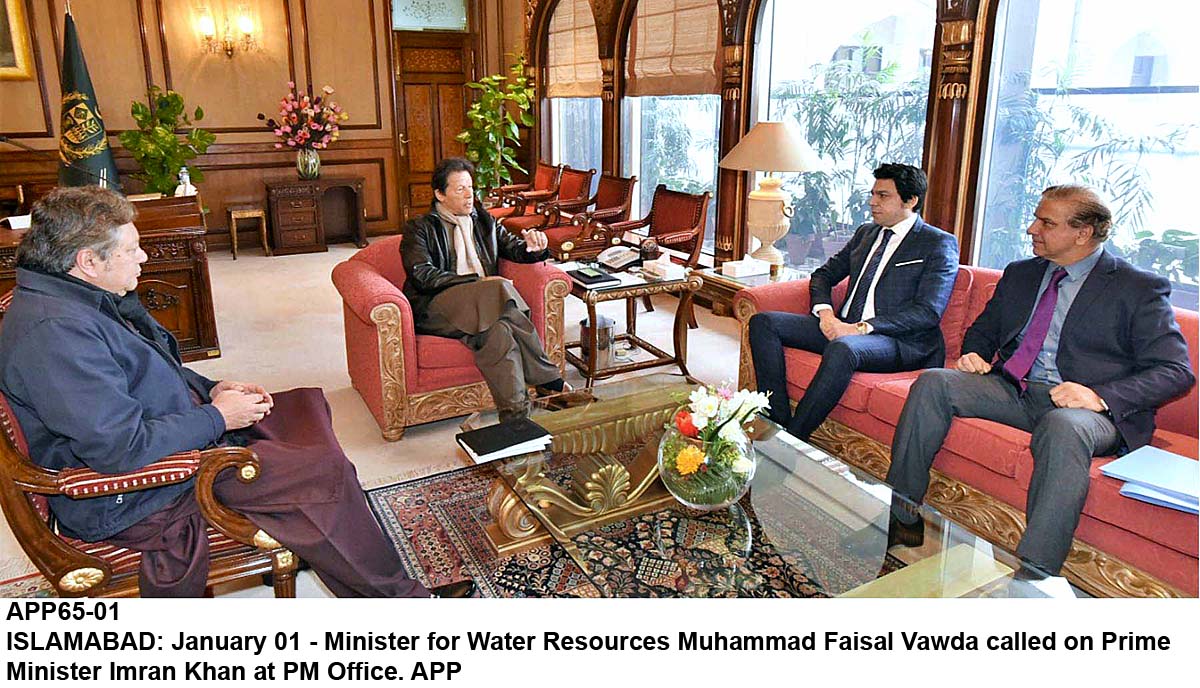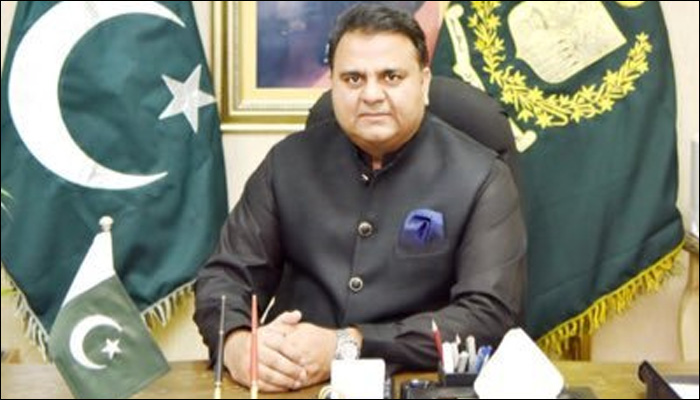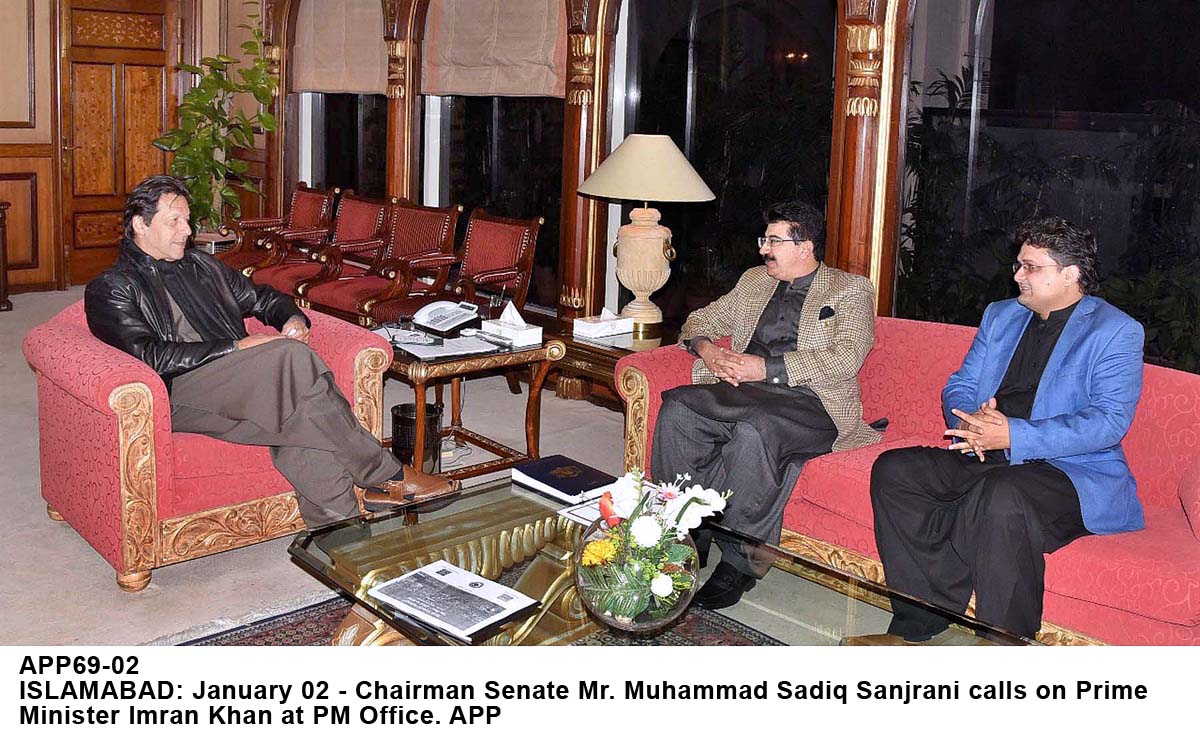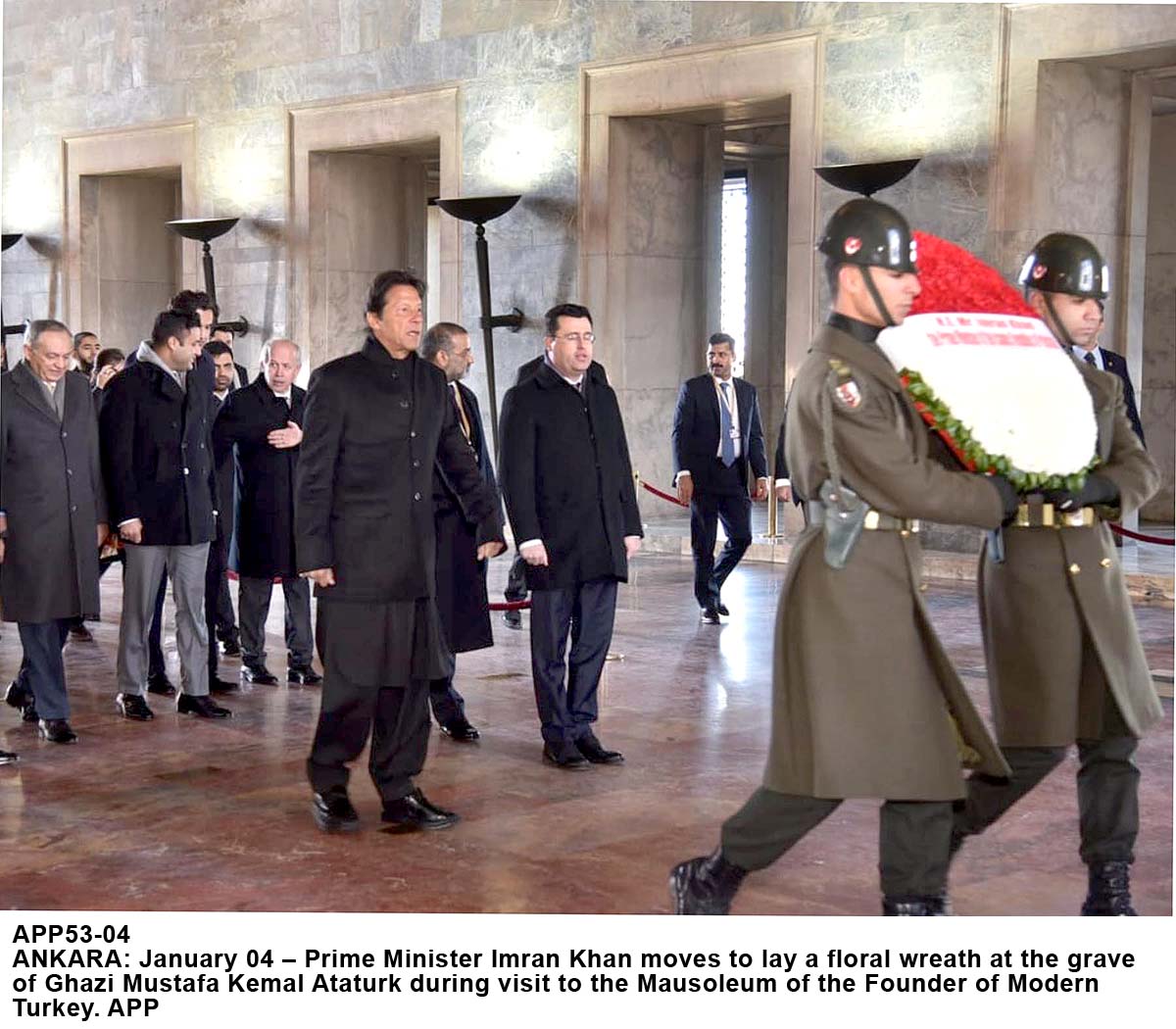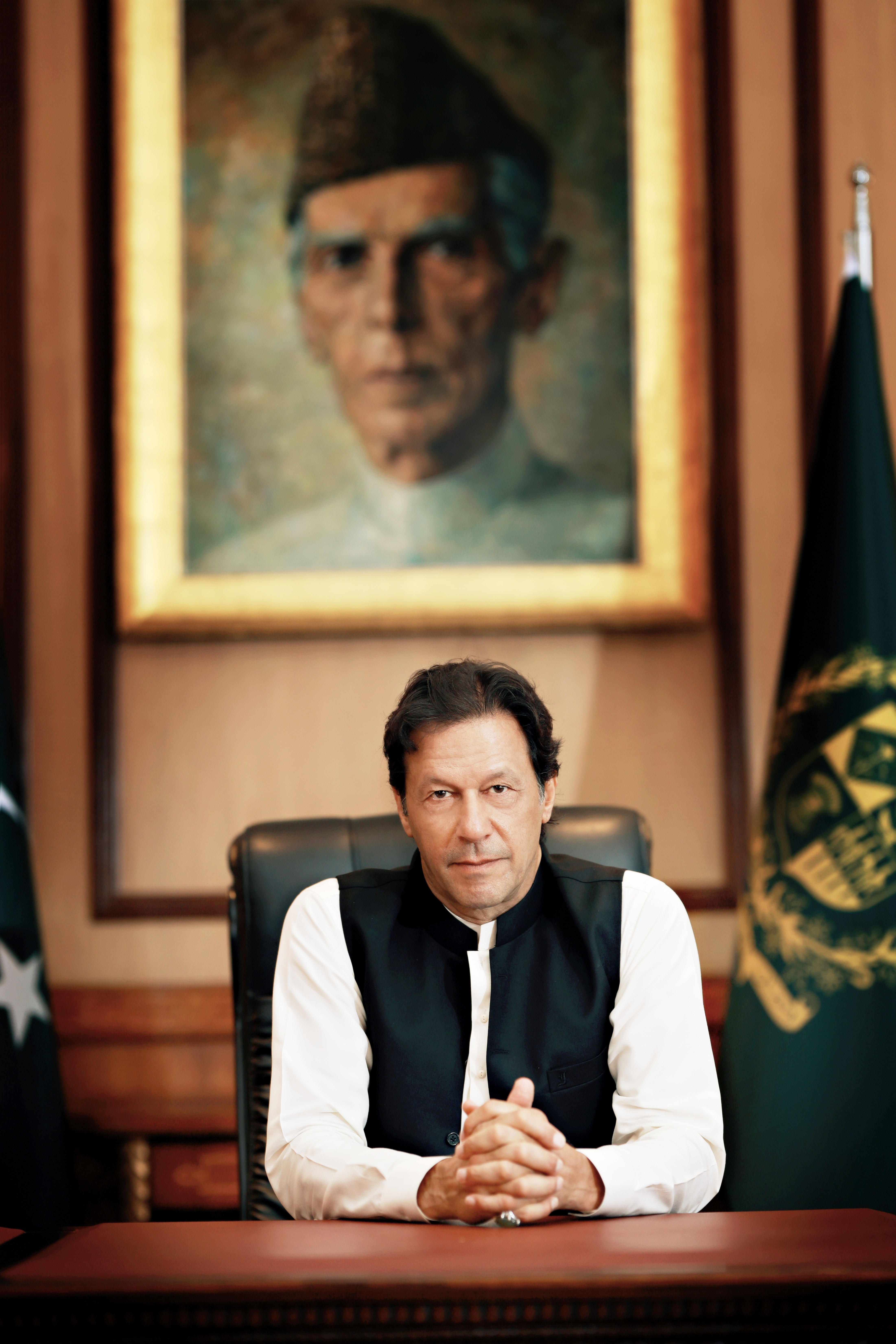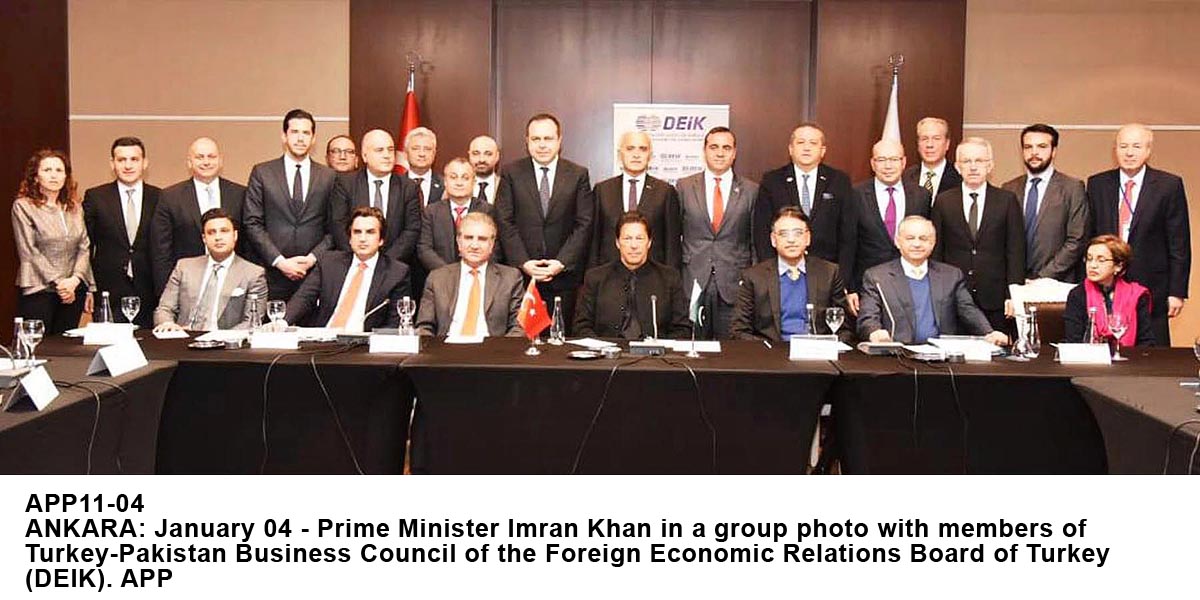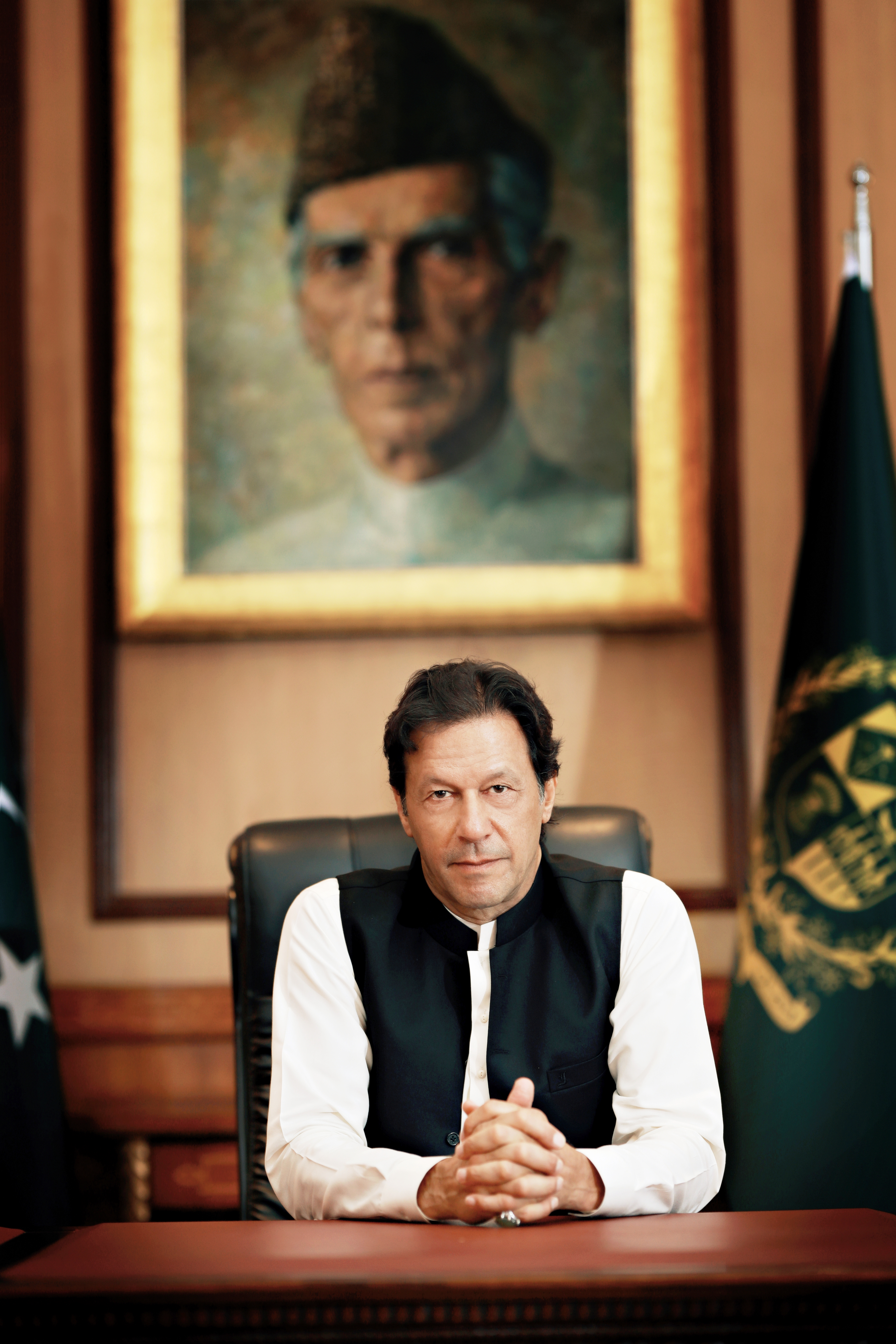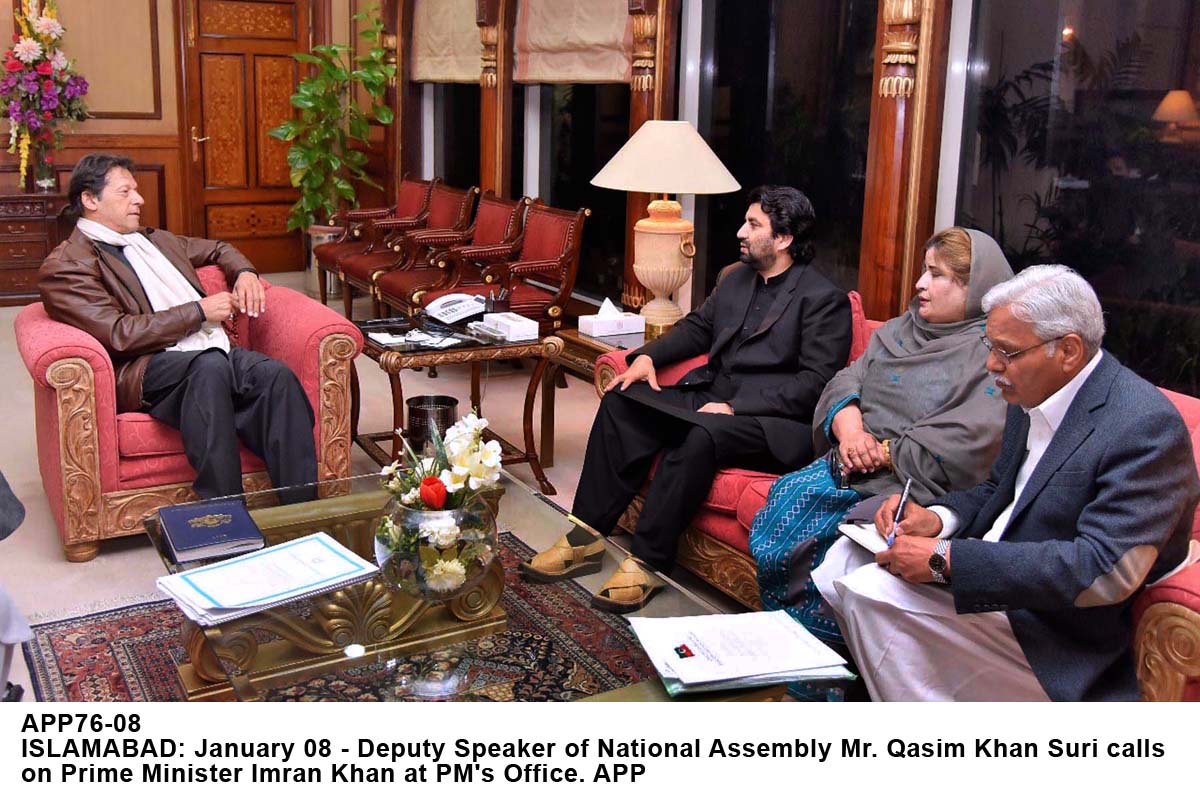
The webinar titled ‘Dukhtaran-e-Pakistan: Role of Women in Defeating the Virus of Extremism’ was organized by the Women University Swabi. The event aimed at highlighting the role women can play and the responsibilities they have to fulfil to fight the challenges of growing extremism, intolerance and cyberterrorism in the society in the present circumstances.
In the first session of the workshop, trainer Asfand Ousaf told the participants that the ‘virus of extremism’ is more dangerous than coronavirus as extremist organizations and anti-state elements are using this crisis as an opportunity to launch a propaganda campaign in order to promote their vested interests. He said such elements are trying to entrap people by promoting specific ideologies on social media. He said thousands of women from Europe and North Africa have voluntarily joined the ranks of such anti-state extremist elements in the past few years after getting inspired by their propaganda material available on social media and the internet. He said several of those women also got married with the terrorists and were named as ‘Jehadi Brides’ by such elements.
In the second part of the workshop, psychiatrist Mahnoor Laila threw light on the role woman and teachers can play in countering and preventing extremism and terrorism and building peace and harmony in the society in the light of Dukhtaran-e-Pakistan initiative of the government of Pakistan. She said that according to a research, currently women are more active in raising awareness about coronavirus across the world than men.
She was of the opinion that empowerment of women is vital to reining in the forces of terrorism and violent extremism, adding that the women often being the first teachers of children can play a vital role in educating young people to value peace and not destruction. She also spoke on social and traditional implications of changing societal dynamics and thereby emerging roles of women for peace-building and countering extremism, as well as contemporary challenges and their solutions.
In the last segment of the webinar, the speakers highlighted the responsibilities the teachers have to fulfill in order to ensure a peaceful and prosperous society. The participants were sensitized on the risks associated with cyberterrorism and that how can they be helpful in collectively defeating this menace.
At the conclusion of the workshop, the participants pledged to sensitize the younger generation as teachers and parents about their role and responsibilities in setting up an inclusive society by eliminating all forms of extremism, terrorism, violence, abuse, exploitation and discrimination and ensuring equal access to justice for all, participatory decision-making and special attention to the rights of the youth and the women.



